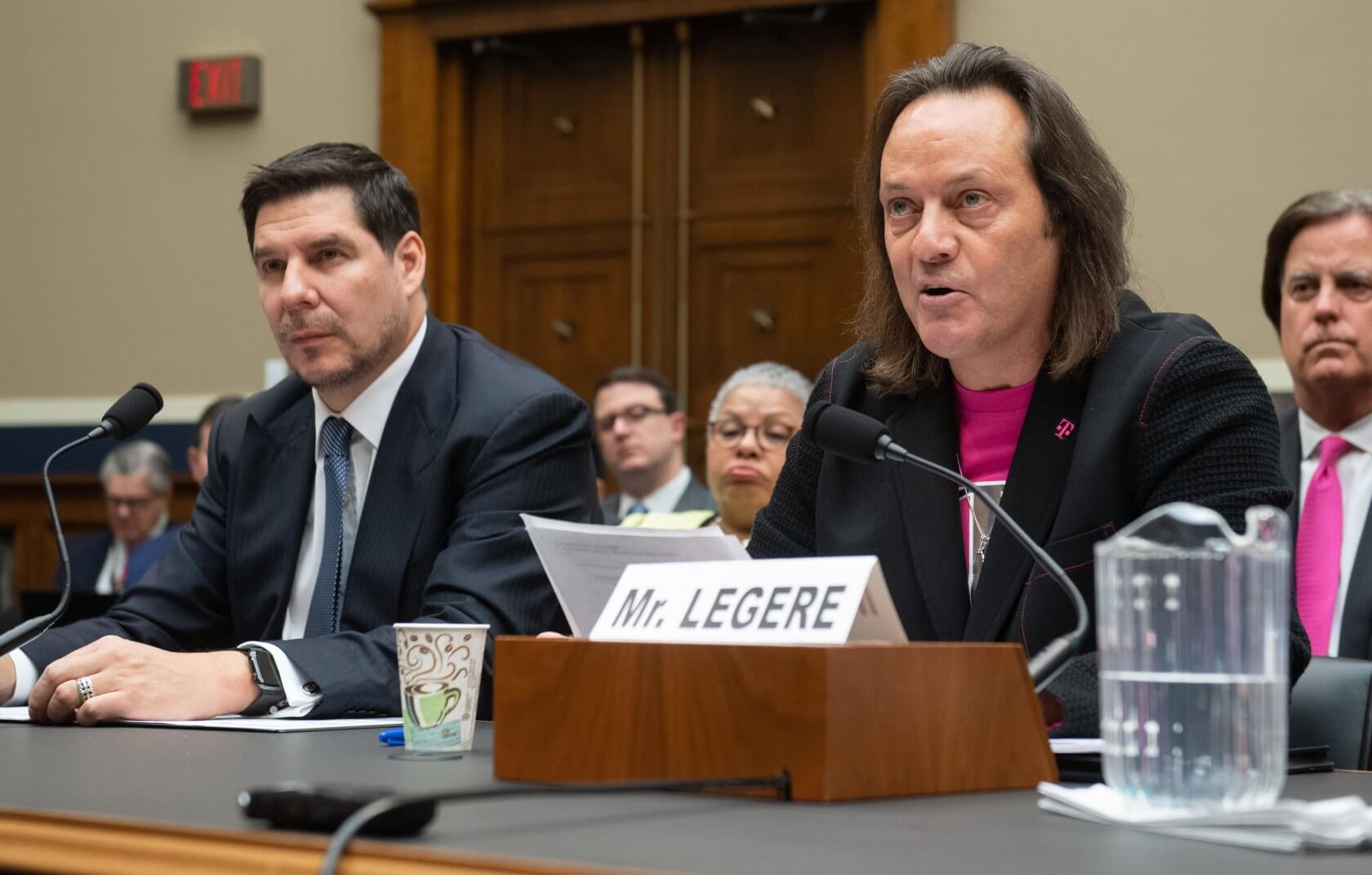
After plenty of hurdles (both political and legal), it seems T-Mobile and Sprint's lengthy merger is finally set to become a reality. According to a new report from The Wall Street Journal, the Department of Justice (DOJ) is planning to approve the deal sooner rather than later.
We all know the DOJ had some pretty strong antitrust concerns regarding the agreement in the past, so what changed their mind? As we reported around the middle of last month, T-Mobile and Sprint proposed to sell off a portion of their wireless equipment to Dish Network, which would allow the company to effectively act as the fourth major mobile carrier.

Earlier this month, it was unclear whether or not that proposal was enough to soothe the DOJ's antitrust fears, but now, it seems it was.
Instead of merely taking away competition from the industry, the T-Mobile/Sprint merger could add a new mobile carrier to fill the competitive void left behind after the deal goes through. That seems like a far better deal for consumers and the industry as a whole.
If the $26 billion deal is approved, it'll be interesting to see how the mobile market is affected. We look forward to covering the matter well into the future, and we'll let you know if the DOJ does indeed allow this merger to continue uninhibited.
https://www.techspot.com/news/81121-doj-reportedly-planning-approve-t-mobilesprint-merger.html